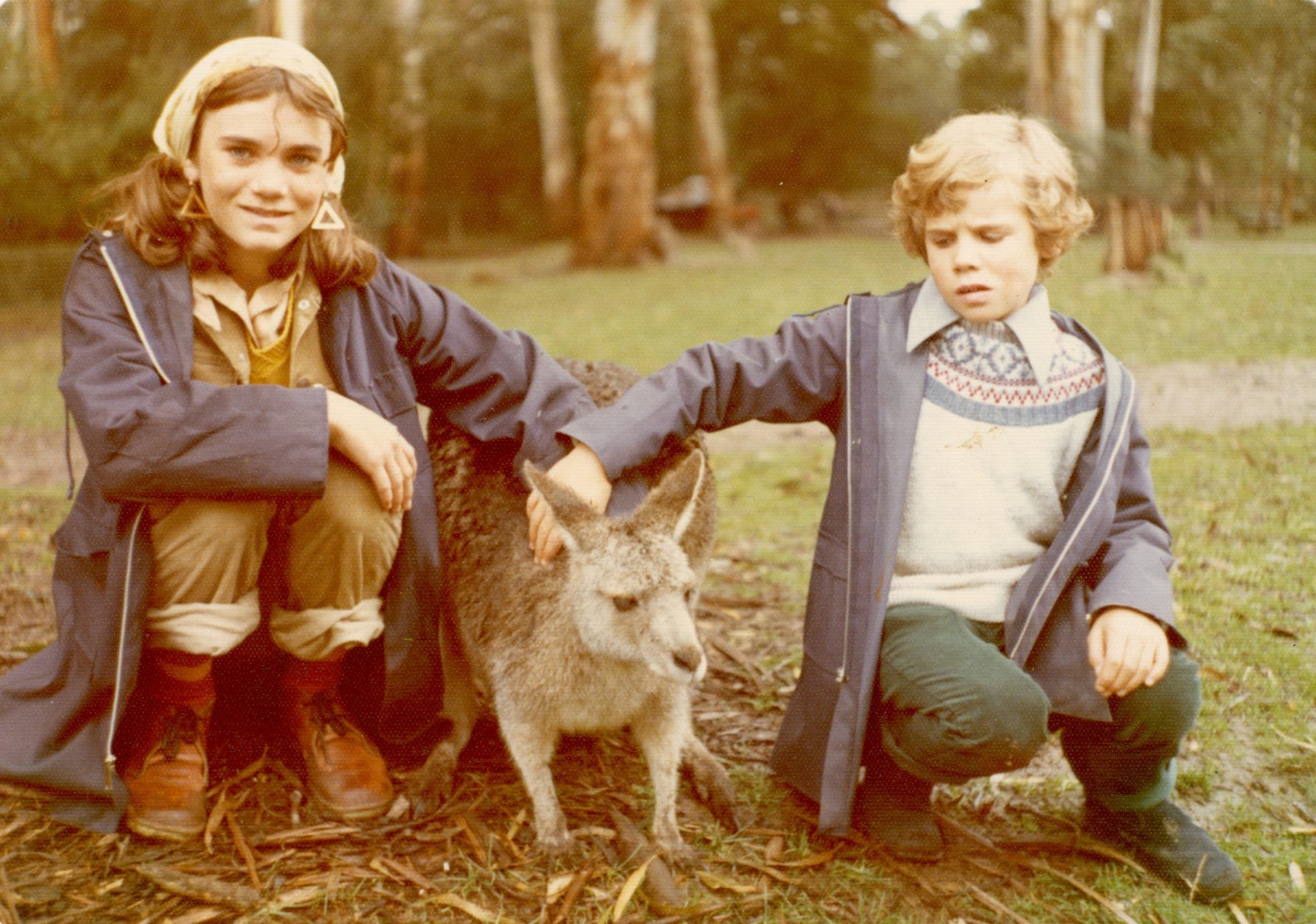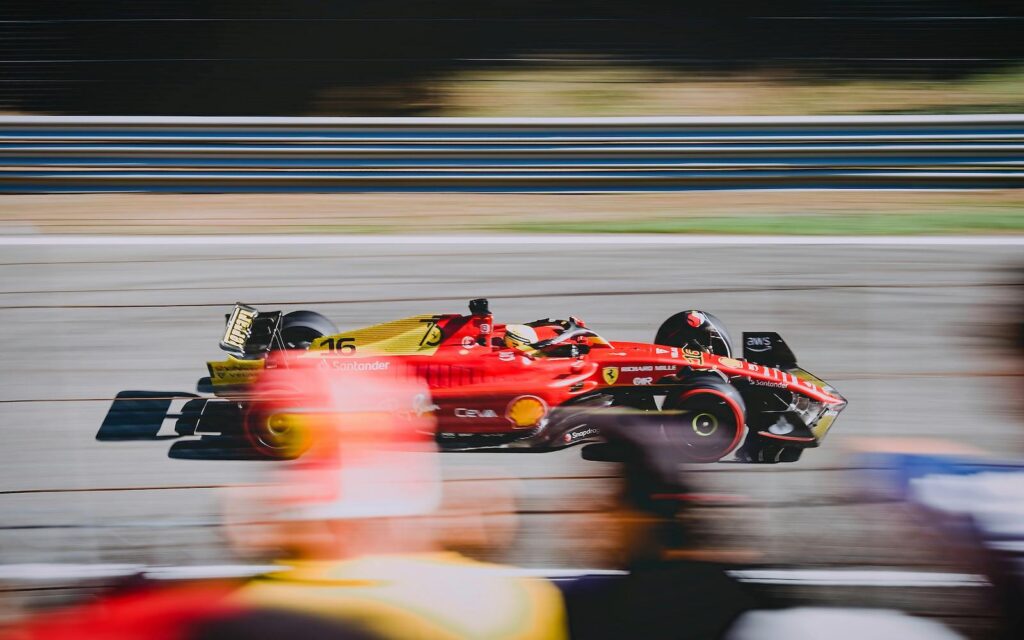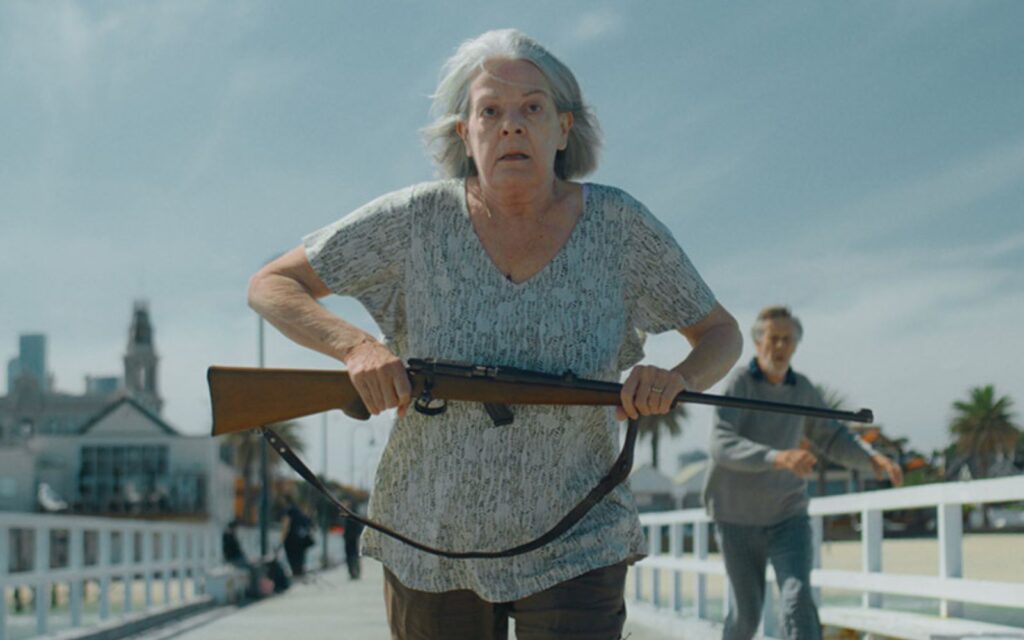★★★★★
Love them or loathe them, Red Hot Chili Peppers have had an undeniable impact on the world of rock music.
The group have been pioneers of the punk/funk/alt rock scene since the early ‘80s, taking LA’s grimy musical underworld by storm.
Just a couple of kooky kids with dreams of playing something real, the foursome garnered just as much attention for their wild personalities as for their game-changing sound.
In 2004 Anthony Kiedis gave us a glimpse into his brilliant, musical mind with his autobiography, Scar Tissue, and now, over a decade later, Flea is doing the same.
It’s an autobiography many RHCP fans have been waiting for; a dissection of the life and times of the legendary, and downright crazy, bass player. Flea, born Michael Balzary, is arguably the quirkiest guy in the group, and his musicianship is unparalleled. His book provides a real sense of reader-to-author connection, affording fans the privilege to know him on an intimate, personal level.
Acid For The Children takes the rules of writing and throws them out the window. Stylistically, it’s wild; peppered with font changes, caps-locked words, italicised segments, random symbols and a lack of adherence to correct grammar and punctuation.
It’s unflinchingly Flea-like in its originality and disregard for structural norm, which only adds to its allure. Following the rollercoaster of the rocker’s writing is a large part of the journey, and it compellingly leads you from one life-chapter to the next, in no particular order.
It’s also just brilliantly written. The prose is profoundly poetic, and his way with words is captivating. At times his writing is a scrawling, spiralling mess of rampant thoughts, and at other’s it’s a moving, reflective and wholeheartedly vulnerable display of intimacy.
In the book, Flea reveals his long-time love of literature, and it’s clear this appreciation for language has transferred into his own personal writing style.
Unlike Scar Tissue, Acid For The Children is more of a deep-dive into the bassist’s childhood and formative years than it is a RHCP exposé. We follow a young Michael Balzary from his home country of Australia – and home city of Melbourne – to the suburbs of New York, where he spends much of his youth. Fraught family relationships see his parents separate and his mum take up with another man. His boyhood is characterised by volatility and loneliness.
This turbulent dynamic continues as Flea and the rest of his family (mother, stepfather and sister) move to LA, but the scenery, characters and colour of his life is forever changed by the City of Angels.
From shooting hoops with friends to playing trumpet at school, shyness with girls to cruising the streets stoned, and discovering rock music to meeting his long-time best pal, brother and closest friend, Anthony Kiedis; Flea unveils it all.
Up to around the age of 19, he leaves no stone unturned in the retelling of his development as a musician, artist, outsider and human being. Well, except for one.
Throughout the novel there’s barely any mention of RHCP, and a limited amount of page space dedicated to his relationship with Anthony Kiedis. This isn’t due to a lack of significance they played in his life, and whenever he does reference either it’s all heartfelt, admiring prose – but it’s clear that the story he’s trying to tell is the one that predates the RHCP.
It’s the story of his life, as Michael Balzary, the weird, thoughtful, outsider-kid – not the story of Flea, the bassist in a world-renowned rock band.
Frankly, the decision to go in such a direction is what makes Acid For The Children so fascinating. It’s unpicking the stitches of his punk-rock persona and giving us a thorough examination of the person behind it.
The one who loves jazz, played the trumpet in school, was never good with girls and always felt like a stray dog. The one who has gone from nothing to everything, from invisibility to cult status, from ‘loser’ to ‘rock star’.
It goes to show that you can’t judge someone without knowing their full story, and I, for one, am grateful it was a story he decided to share with us.
Acid For The Children is out now through Hachette.







